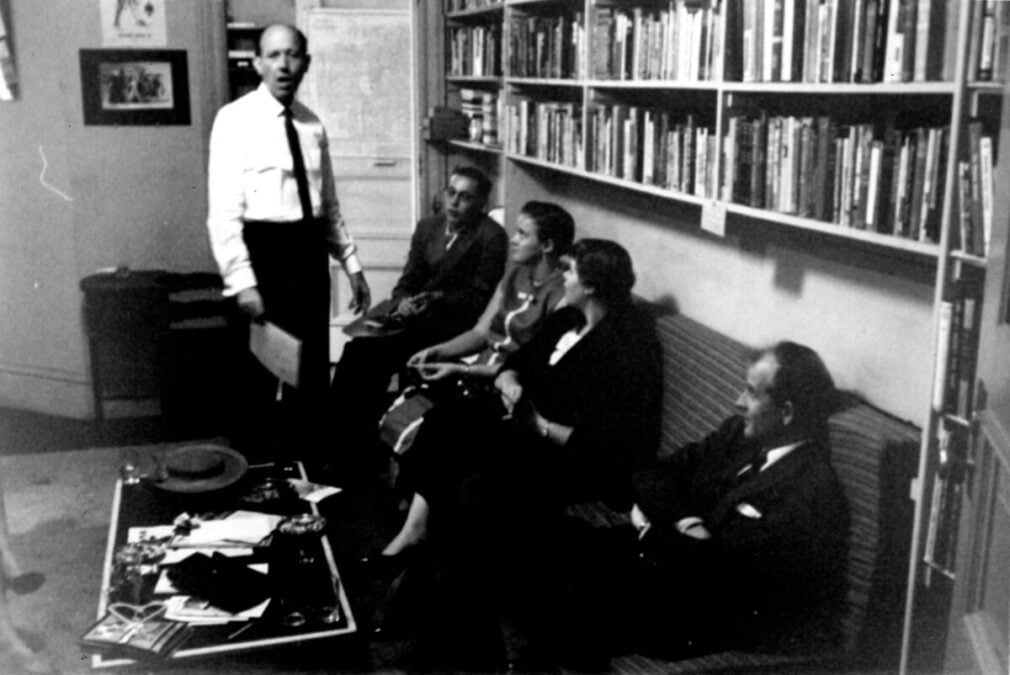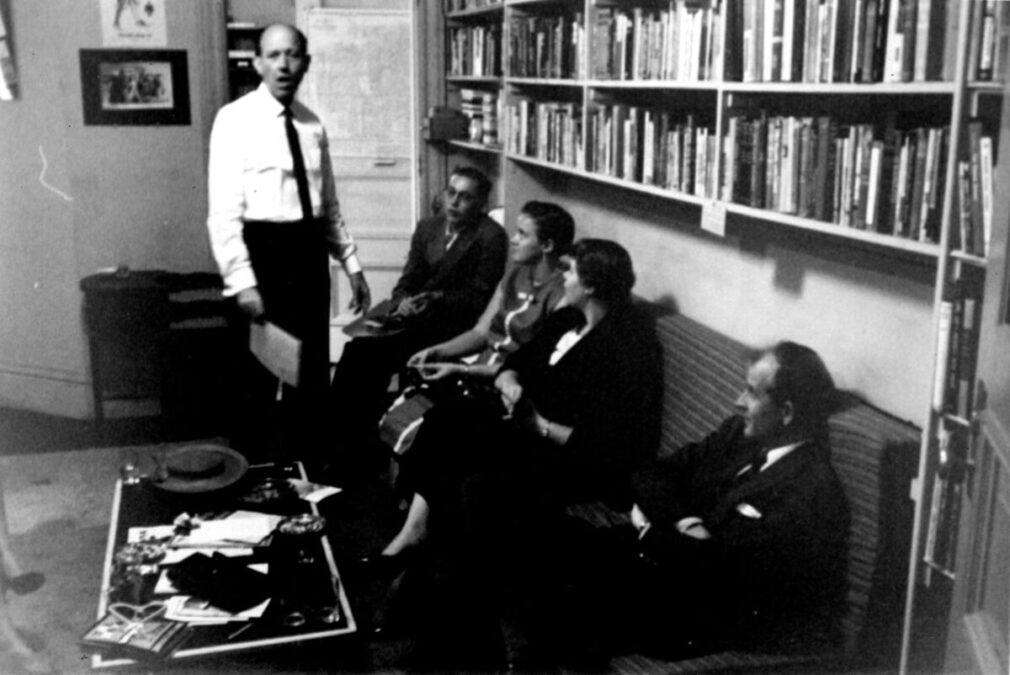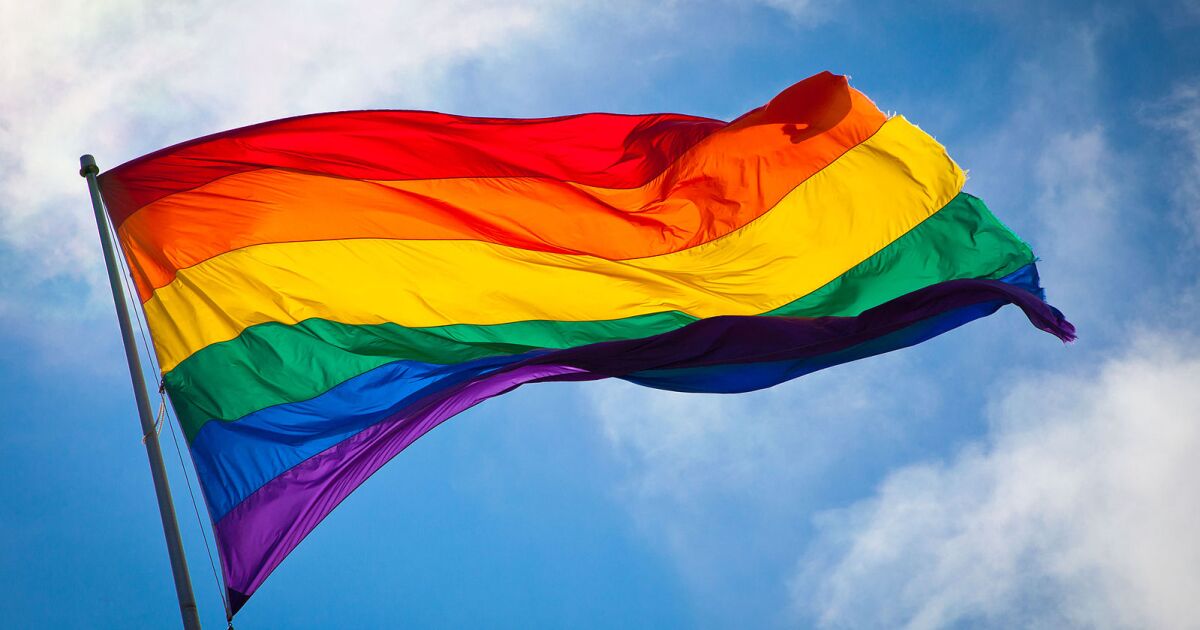
The ONE Archives Foundation is celebrating its 70th anniversary.
It’s the oldest active LGBTQ+ organization in the country, and it started in Hollywood as ONE Inc.
ONE Inc. also has the historic distinction of winning 1958’s groundbreaking ONE Inc. v. Olesen, the first U.S. Supreme Court case that addressed gay and lesbian rights.
In the 1950s, LGBTQ+ people around the United States faced huge legal and social barriers to communicating openly and building community.
In 1952, a group of gay men formed the Mattachine Society. They met secretly at Hollywood Hills home to discuss issues impacting the gay community.
Some members of the Mattachine Society left and, on Nov. 15, formed ONE Inc.
Their first project was creating ONE magazine, the country’s first widely distributed gay and lesbian publication.
ONE, and other groups, saw magazines as a crucial way to organize members and celebrate gay life and culture.
ONE Inc. launched the first issue of ONE magazine in January 1953.
The publication quickly took off as a hub for stories on gay and lesbian love, poetry, book reviews, scholarly articles, and even artwork.
But it faced a huge legal challenge.
Los Angeles Postmaster Otto Olesen said the October 1954 issue was “obscene, lewd, lascivious and filthy” and violated obscenity laws, meaning it could not be mailed under the Comstock laws.
Olesen had three objections with the October 1954 issue:
- “Sappho Remembered,” a story of a lesbian’s affection for a twenty-year-old “girl” who gives up her boyfriend to live with her, the lesbian, because it was “lustfully stimulating to the average homosexual reader”
- “Lord Samuel and Lord Montagu,” a poem about homosexual cruising that he said contained “filthy words”
- An advertisement for “The Circle,” a magazine containing homosexual pulp romance stories, that would direct the reader to other obscene material.
Olesen’s action threw ONE Inc. into a four-year legal battle that reached the U.S. Supreme Court.
ONE magazine was represented by a young attorney who authored the cover story, “You Can’t Print It.” Eric Julber filed suit in federal court seeking an injunction against the postmaster.
But in March 1956, Judge Thurmond Clarke, of the Southern District of California, ruled in Olesen’s favor, saying “The suggestion advanced that homosexuals should be recognized as a segment of our people and be accorded special privilege as a class is rejected.”
A three-judge panel of the Ninth Circuit Court of Appeals unanimously upheld that decision in Feb. 1957. In their ruling, the judges agreed with Olesen that the publication was “obscene, lewd, lascivious and filthy.”
From their ruling:
- The article “Sappho Remembered” is the story of a lesbian’s influence on a young girl only twenty years of age but “actually nearer sixteen in many essential ways of maturity,” in her struggle to choose between a life with the lesbian, or a normal married life with her childhood sweetheart. The lesbian’s affair with her roommate while in college, resulting in the lesbian’s expulsion from college, is recounted to bring in the jealousy angle. The climax is reached when the young girl gives up her chance for a normal married life to live with the lesbian. This article is nothing more than cheap pornography calculated to promote lesbianism. It falls far short of dealing with homosexuality from the scientific, historical and critical point of view.
- The poem “Lord Samuel and Lord Montagu” is about the alleged homosexual activities of Lord Montagu and other British Peers and contains a warning to all males to avoid the public toilets while Lord Samuel is “sniffing round the drains” of Piccadilly (London). The poem pertains to sexual matters of such a vulgar and indecent nature that it tends to arouse a feeling of disgust and revulsion. It is dirty, vulgar and offensive to the moral senses.
- An examination of “The Circle” clearly reveals that it contains obscene and filthy matter which is offensive to the moral senses, morally depraving and debasing, and that it is designed for persons having lecherous and salacious proclivities.
Julber appealed the ruling to the U.S. Supreme Court on June 13, 1957.
On Jan. 13, 1958, the court agreed to hear the case and issued a terse decision:
The petition for writ of certiorari is granted and the judgment of the United States Court of Appeals for the Ninth Circuit is reversed. Roth v. United States, 354 U.S. 476.
There was no oral argument, no discussion of facts or law, no author, no concurrences, no dissents.
The landmark ruling in ONE Inc. v. Olesen reversed the lower court ruling and said the publication did not violate obscenity laws.
The ruling also was historic as it was the first Supreme Court case to address homosexuality and affirm the free speech rights of gays and lesbians.
Over the years, ONE Inc. went through a variety of name changes, but social justice, education, and access to information remained important issues.
ONE magazine stopped publication in 1967.
In 2010, ONE Inc. gifted USC the world’s largest collection of queer history, which is housed on campus as the ONE National Archives.
Four years later, in 2014, ONE Inc. changed its name to the ONE Archives foundation.
Related posts:








